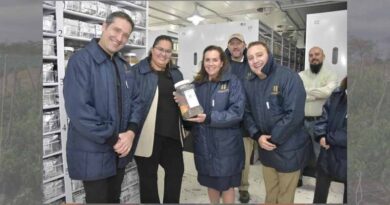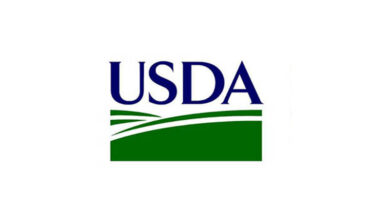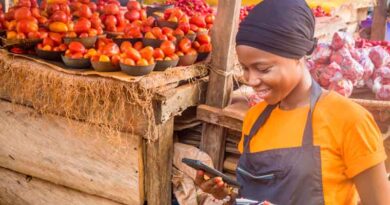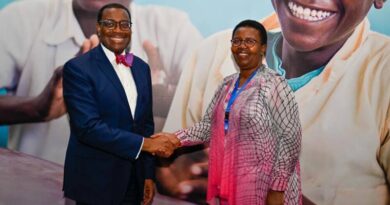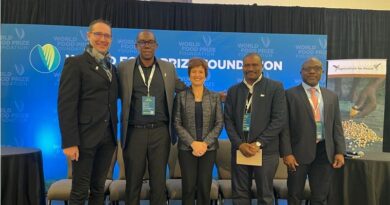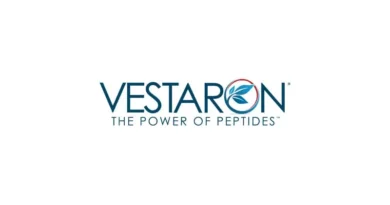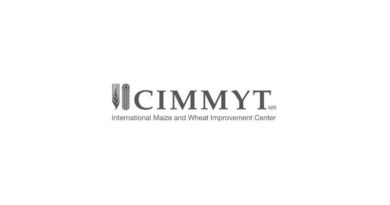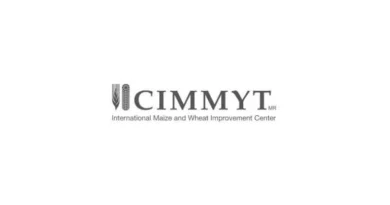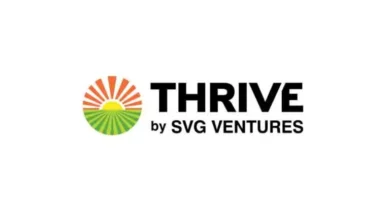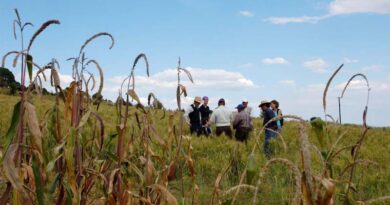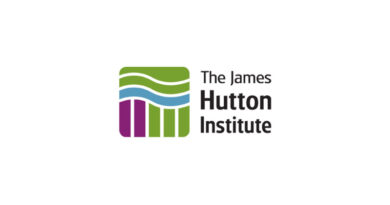July Message from the Chair of the System Board
03 August 2023, Africa: This month I’m changing the format of my blog: I’m pleased to share a video, the first in a trilogy doing a deep dive into a major new initiative, Southern Africa AID-I Rapid Delivery Hub.
AID-I is one of the ways in which Feed the Future, the U.S. Government’s global food security and hunger initiative led by USAID (the United States Agency for International Development), is taking action to help cushion the blow of high fuel and fertilizer prices on farmers. It’s a two-year rapid response effort connecting farmers to innovative tools and information they need to manage the high costs and input supply disruptions over the next several cropping seasons.
A $117 million investment which brings together existing networks of last-mile private and public sector partners, AID-I is jointly led by USAID, the U.S. Department of State, One CGIAR and the International Fertilizer Development Center.
When I was in Zambia for the Africa Agriculture Policy Leadership Dialogue (AAPLD), which was convened by the World Bank, I took the opportunity of making field visits and meeting with partners in the AID-I adventure including farmers, seed companies and data providers. It was a pleasure to hear their stories. Here is the first chapter:
At the Africa Agriculture Policy Leadership Dialogue, I was excited to join the AAPLD Ministerial Roundtable facilitated by Juergen Voegele, Vice President, Sustainable Development, World Bank. I highlighted the importance of Incentives, Innovation, and Investments in achieving sustainable and food-secure futures, and underscored the fact that CGIAR, as the world’s largest publicly-funded network of agrifoods focused research Centers, is fit for purpose to deliver the science and technologies to transform our food, land, and water systems. We need increased investments in research and development at country level to do so, and CGIAR is on a journey to double our resources to achieve the requisite funding. Another highlight of the AAPLD for me was an excellent meeting with Victoria Kwakwa, Vice President, World Bank.
Then I went to Durban for the 8th Africa Agribusiness and Science Week (AASW8), convened by the Forum for Agricultural Research in Africa (FARA). I joined CGIAR colleagues including Claudia Sadoff, Harold Roy-Macauley, Simeon Ehui, Bram Govaerts and others to share our vision and commitment to transforming food, land and water systems in Africa – the only way to achieve zero hunger on the continent.
At AASW8, an ambitious three-year Action Plan, developed by FARA and CGIAR, was launched. Endorsed by the African Union Commission and the African Development Bank Group, this Plan reflects the shared commitments and principles outlined in the Abidjan II Communique of September 2022. By stimulating purposeful engagement and strengthening partnerships between African research and innovation stakeholders, the Plan aims to create inclusive agricultural development through the promotion of regenerative and sustainable agricultural practices, job opportunities, and improved welfare for farmers across Africa.
Last stop for the month of June was Sweden. CGIAR is delighted to build a new relationship with the climate team at Sweden’s Ministry of Foreign Affairs. We stand ready to support MFA in implementing the 2030 agenda. I had a very productive meeting with our longstanding partners, the Swedish International Development Agency (SIDA). We welcome their commitment to continued engagement and investment in CGIAR.
Also Read: India’s decision to ban the export of non-basmati rice created a worldwide uproar
(For Latest Agriculture News & Updates, follow Krishak Jagat on Google News)



